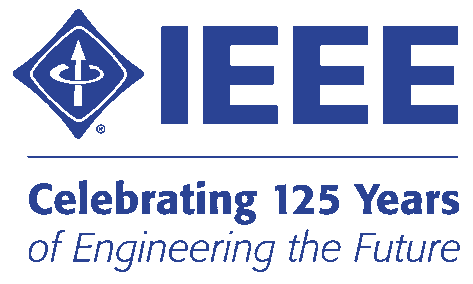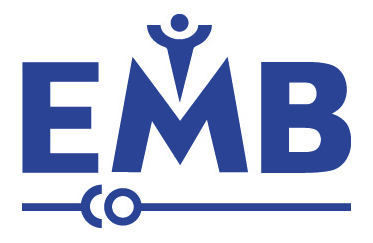| events | executive | news |
The EMBS Chapter of the IEEE Ottawa Section was recognized as the Best Ottawa Chapter in 2008, 2010, 2014, 2019, and 2022 and received the Outstanding Chapter Award from IEEE EMBS in 2011!
AI-Powered Software Systems for Clinical Diagnostics and Personalized Health Coaching in Digital Health

Interim Chair, Department of Engineering, Thompson Rivers University
May 1, 2025 14:30 - 16:00
Mackenzie Building Room 4359. Carleton University
In-person only (no video streaming or recording).
abstract
The integration of artificial intelligence (AI) with advanced software engineering is transforming healthcare through the creation of innovative tools for disease diagnosis, patient management, treatment planning, and personalized health coaching. However, the "black-box" nature of many AI models is a major barrier for clinical application due to a lack of transparency in decision-making processes. This research talk focuses on creating AI-driven software systems that incorporate Explainable AI (XAI) strategies and intelligent agent systems to address critical challenges in managing large-scale health data, ensuring patient privacy, enhancing clinical decision-making, and providing individualized guidance to patients for improved healthy habits and clinical outcomes.
An example of progress is the development of a machine learning-based predictor for meningioma recurrence that utilizes genomic data, which outperforms the current diagnostic standards. This diagnostic tool is currently under evaluation in clinical settings. Secondly, a comprehensive "50-tumor classifier" using multi-omics data will integrate XAI methodologies to provide interpretable explanations of its predictions to increase clinician trust and facilitate its adoption in clinical settings.
The research talk also covers current research projects to develop smart health monitoring and personalized health coaching systems. These systems apply XAI strategies, Human-centered intelligent agents and Large Language Models (LLMs) powered chatbots for disease prediction, automatic classification, and personalized habit recommendations. By integrating biomedical signals, clinical parameters, early diagnostic tests, patient habit tracking and images, these systems aim to automatically identify multidimensional patient patterns and provide personalized health coaching to reduce risks of stroke, heart attack and diabetes.
biography
Dr. Mamatjan currently work as an Interim Chair at the Department of Engineering Program, Thompson Rivers University, and a Visiting Scientist at the Princess Margaret Cancer Centre, Toronto. This was preceded by working as a senior Scientific Associate at the Princess Margaret Cancer Centre, an assistant professor at the Zirve University, a postdoctoral research fellow at Carleton University, a Marie Curie Research Fellow at the Philips Research Laboratory in Germany, and a Software Engineer at the University of Glamorgan. He holds two NSERC grants: the NSERC Discovery Grant and the NSERC Alliance Grant. In the last 6 years, he contributed to >40 journal papers (including 7 Nature papers), and over 70 conference posters/papers. He developed over 20 ML pipelines for healthcare research, namely the predictor of meningioma recurrence risk (Neuro-Oncology, 2019) which led to a conference award, a US Patent and a “Moonshot Grant” from the US. Currently, he serves as the IEEE Taskforce Chair of Computational Intelligence in Health & Medicine. For more details about publications visit his Google Scholar profile
Last updated April 28, 2025


